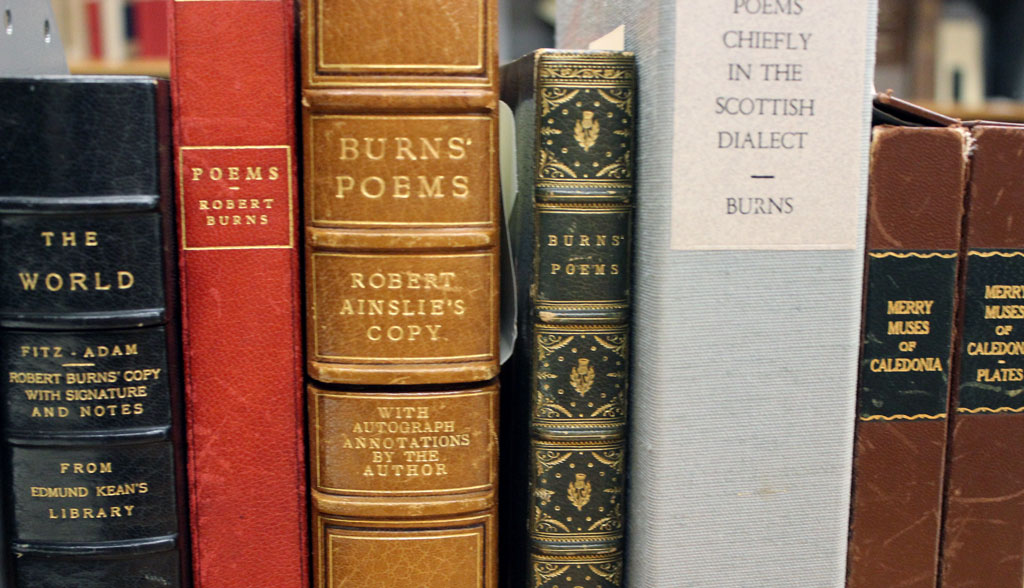In just two short days the Scottish public will be faced with the decision as to whether it wants to continue to exist as part of a United Kingdom, or break away from Westminster and establish itself as an independent nation. It’s been a long year of fiery campaigns and intense debate, with both the ‘Yes’ and ‘No’ crusades going into overdrive as September 18th draws ever closer.
The road has been one tinted with a distinct cultural flavour, thanks in most due to a plethora of national events including the Commonwealth games, the Edinburgh Fringe and the Royal Tattoo. But the artistic impact has extended further than just into the world of sports and theatre. As is to be expected, Scotland’s authors and literary contributors have weighed in by the dozen. It’s widely paraded that the majority tend towards backing the ‘Yes’ vote – something not entirely surprising considering Scottish novelists, folklore writers and poets have contributed almost as much to shaping national identity as Scotland’s politicians in the past few centuries. It’s long been acknowledged that an integral part of Scotland’s literary history has been influenced by the politics of Britain, relying on themes of persecution and remoteness to thrive. Another contributor is the belief that Scottish literature has been marginalised in favour of English offerings, both in school curriculums, overseas representation and opportunities for modern authors.
An obvious and memorable exception to this trend comes in the form of J.K Rowling, after her shocking announcement in early June that she had donated £1 million to the ‘Better Together’ campaign. The reaction to her statement was mixed, however it was the negative backlash that proved most vocal. Picked on for her English-born-and-raised background, despite being a long-time resident of Edinburgh, she fell victim to internet trolls and threatened book burnings.
Salmond himself has defended Rowling’s rights to her own view, but has also insisted that she is an anomaly within an ‘artistic community’ that, by majority, is made up of ‘Yes’ voters. He frequently cites famed laureate Edwin Morgan as an example who, upon his death in 2010, left the Scottish National Party £1 million in his will. Salmond is also known for his injection of Robert Burns references into his speeches, enforcing the idea that the SNP hold Scottish Literature as central to their cause, integral to their culture and nationalism, unlike their Westminster counterparts.
It goes without saying that, whatever the outcome may be, the referendum will have a grand impact on Scottish literary culture for years to come. Should the ‘Better Together’ camp prove triumphant, Salmond’s ‘artistic community’ will be forced to face the fact that the population they both represent and depict voted in favour of a Union they allegedly oppose. Likewise, should Scotland follow the independent path, writers may have to re-evaluate what it means to be Scottish, abandoning the long-relied-upon themes of remoteness and persecution in favour of a new exploration of national identity.

